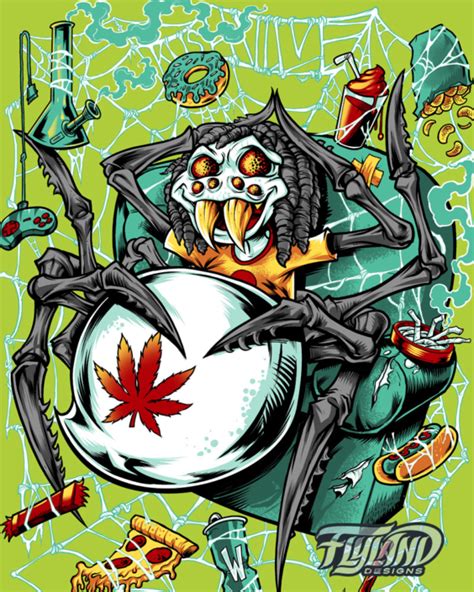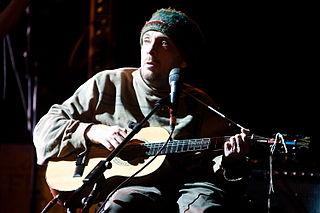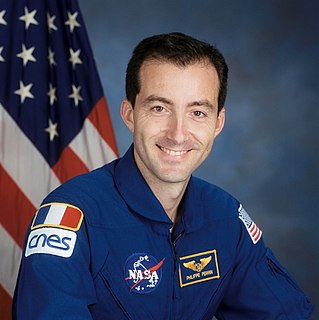A Quote by Annie Dillard
You have to take pains in a memoir not to hang on the reader's arm, like a drunk, and say, 'And then I did this and it was so interesting.
Related Quotes
What's great about symbols, what a writer can do with them is provide a really vivid, interesting image, and the reader will do the rest of the work. That's always been very interesting to me. Like if I just introduce the storks, I don't have to say what they mean because the reader will do that. And if I bring in the dark history of the region, other trends come up, for example how in ancient Egypt they are associated with the souls of the dead. You can surprise yourself by introducing an image and then see how developing the story fills it with meaning that is suddenly new.
Do you, like a skilful weigher, put into the balance the pleasures and the pains, near and distant, and weigh them, and then say which outweighs the other? If you weigh pleasures against pleasures, you of course take the more and greater; or if you weigh pains against pains, then you choose that course of action in which the painful is exceeded by the pleasant, whether the distant by the near or the near by the distant; and you avoid that course of action in which the pleasant is exceeded by the painful.
I don't think you can take a whole genre of very popular books and say, "This is all trash!" When we read a memoir that isn't by a celebrity, we feel like we're about to go on a journey and we don't know where the journey will lead. But when we read a memoir by a celebrity we feel like we already know the journey and we just want to travel it.
I would show my jobs to my mother, and she would always say the same thing: "That's nice dear". And then she would say: "Did you write it or did you do the drawing?" or "Did you take the pictures?" I'd always answer "no", then I realized the problem. My answer was then, "I made this happen". It's called design.

































